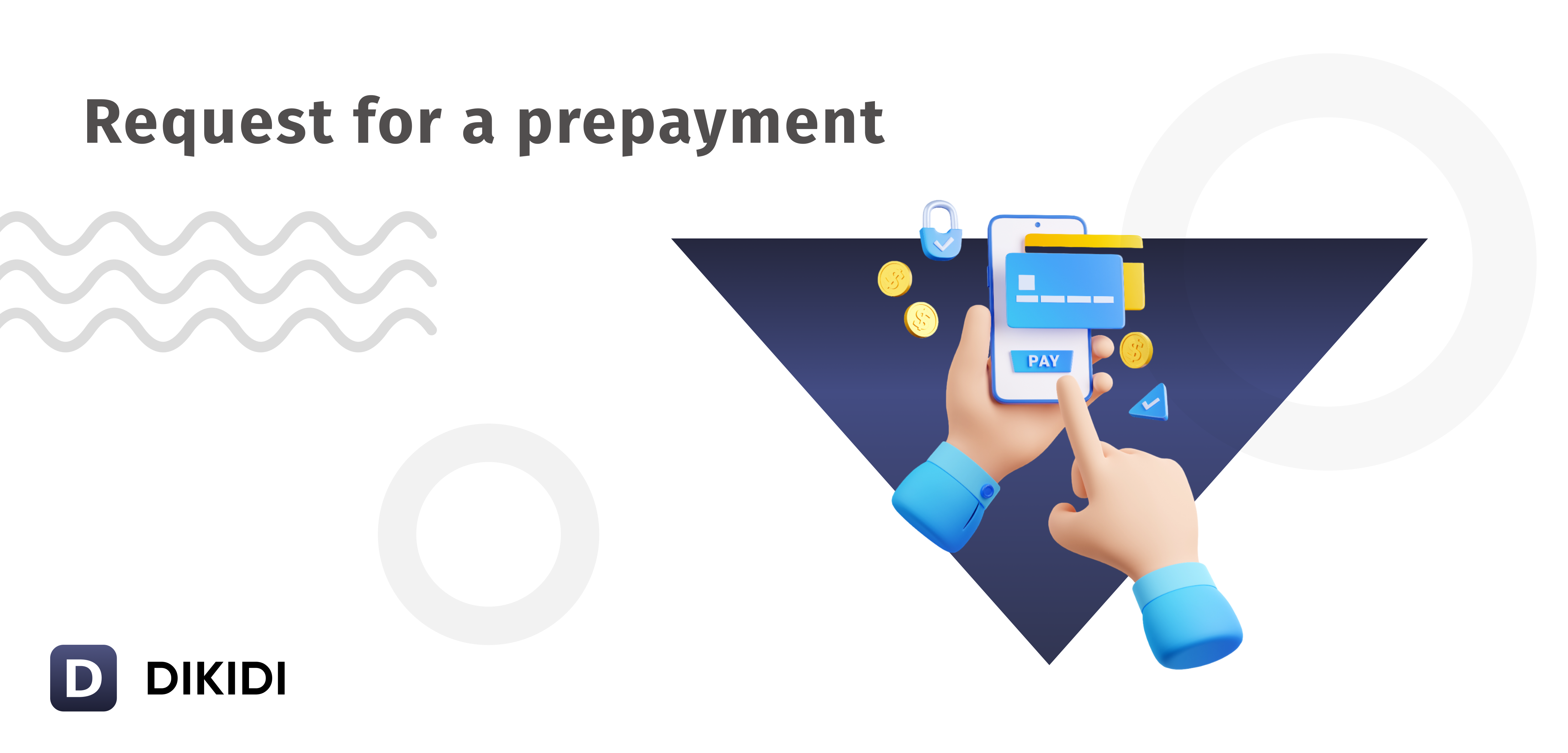Prepayment for Services When Booking. A Barrier or Protection?
Last modified:

Sometimes, in order to ensure employee workload and stabilize customer visits, it is necessary to impose restrictions on customers. For example, to require a prepayment when booking services. What risks does this pose to your business and what benefits can it bring?
Undoubtedly, on the one hand, customers will be limited in that they can only book with you if they make a certain amount of prepayment. This may decrease the number of bookings.
However, it's not all straightforward! With the proper level of trust between customers and a company/freelancer providing the service, the number of bookings may decrease only slightly. At the same time, attendance will clearly increase. Customers won't want to lose the amount they've paid due to a no-show or untimely rescheduling, so they will be much more responsible about their bookings.
Thus, every manager who decides to require prepayment faces a choice similar to balancing weights, where on one side is the loss of profit due to a no-show, and on the other is a decrease in customer trust in the company, and consequently, a decrease in the number of bookings.
Maintaining this balance allows the manager to consider several factors, such as:
- Workload: which days, months, and hours result in the highest costs when clients don't show up. Typically, this is prime time (the busiest hours) or, for example, hours outside the employee's work schedule.
- Customer categories: identifying certain clients who are most likely to not show up based on past experience or lack of interaction experience with them.
- Top-performing employees: the most sought-after employees who generate the most revenue.
- Services: premium services or services that take up a significant amount of time, the loss of which would be significant in the case of a no-show.
When it comes to the prepayment amount, the most convenient method is to set a percentage of the service cost. However, if the percentage cannot be determined due to services with a fluctuating price, a fixed prepayment amount can be helpful.
It's worth noting that the fixed prepayment amount should not exceed the cost of the cheapest service you offer. Otherwise, customers will refuse to book those services. The percentage of the service cost should also not be too large since the client's payment guarantees aren't backed up by anything, and a high percentage can simply deter clients.
By determining the most important indicators for the balance, you can establish the conditions and size of the prepayment.
Prepayment methods:
- Notify all customers when booking that a prepayment is required. Provide payment details for money transfer. There are currently many options for transferring funds. However, customers may be deterred not by the fact that a prepayment is required for the service, but by the difficulty of making the payment.
- Prepayment when booking online using DIKIDI. Online booking allows clients to book smoothly and efficiently, without the need for physical contact.
How does it work?
During the online booking process, on the final step, the system notifies a customer that a prepayment is required for their booking.
The customer clicks "Proceed to payment" and makes an online payment using the bank's payment form that you have configured in your DIKIDI Business project.
The appointment will be considered successfully created after the payment is processed. Money will be credited to your account. The appointment will be displayed in the appointment with a note about the prepaid amount.
Refund conditions
It is important to inform a customer about the conditions of refund or non-refund of the advance payment. After all, this will determine whether customers will trust you with their money.